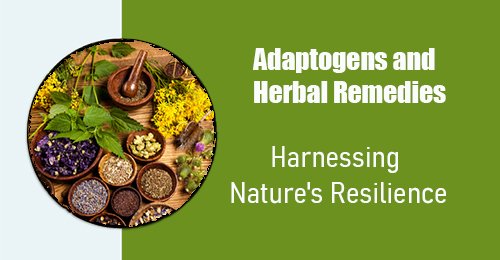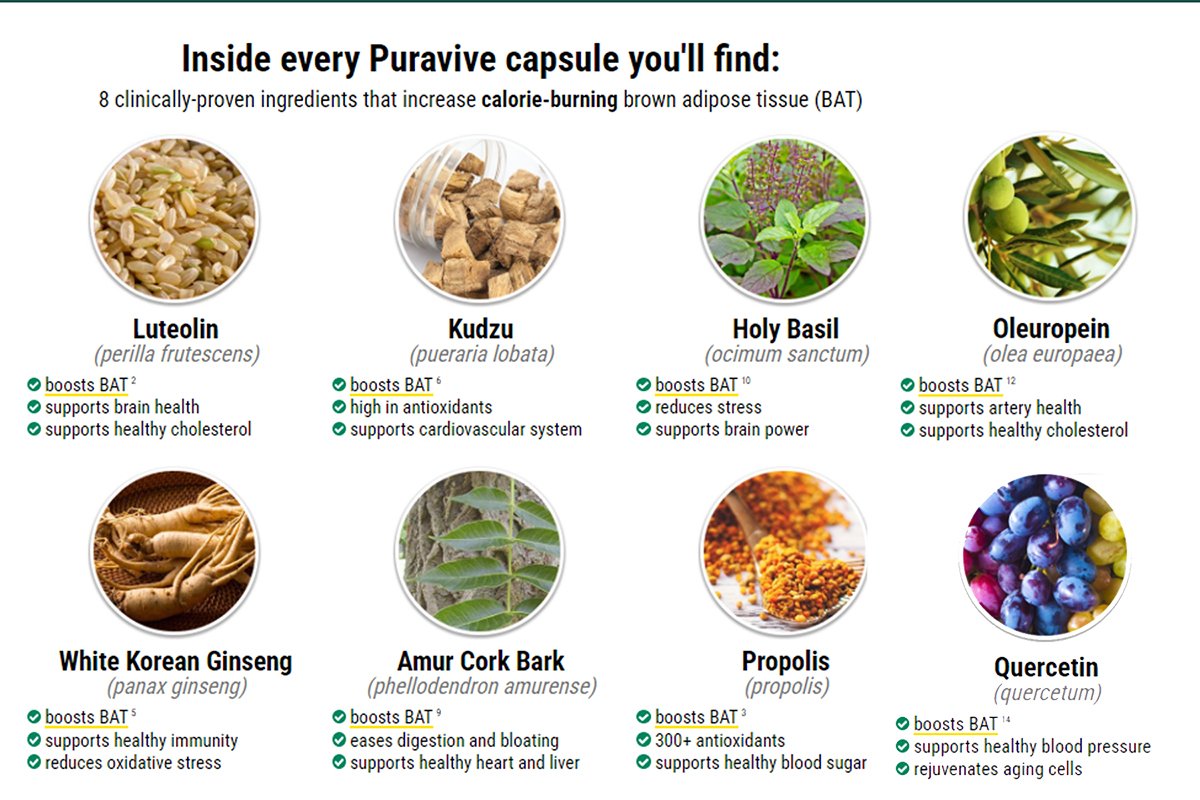![]()
![]()
![]()
![]()

In the dance of life’s demands and daily stresses, the quest for balance and well-being leads many to explore the wonders of adaptogens and herbal remedies. Join us on a journey through the lush landscapes of traditional healing, where nature’s resilience meets human health in the captivating realm of adaptogens and herbal remedies.
Adaptogens are nature’s balancing act, a category of herbs known for their ability to help the body adapt to stressors, whether physical, mental, or environmental. Unlike a quick caffeine jolt, adaptogens work subtly, supporting the body’s overall resilience and promoting balance. Let’s unravel the mysteries of these herbal superheroes.
1. Rhodiola Rosea: The Arctic Warrior: Hailing from the cold regions of Siberia, Rhodiola Rosea is a robust adaptogen celebrated for its stress-fighting prowess. It aids in enhancing mental performance, reducing fatigue, and supporting overall well-being. Consider incorporating Rhodiola supplements or infusions into your routine for a natural energy boost.
2. Ashwagandha: The Indian Ginseng: Ashwagandha, rooted in Ayurveda, is a versatile adaptogen renowned for its ability to combat stress and promote a sense of calm. Its adaptogenic properties make it a valuable addition to your wellness toolkit. Whether in capsule form, as a powder in your smoothie, or infused in a calming tea, Ashwagandha offers holistic support.
3. Holy Basil (Tulsi): The Elixir of Life: Tulsi, or Holy Basil, holds a sacred place in Ayurvedic traditions. With its adaptogenic and immune-boosting properties, Tulsi is revered for promoting overall health. A warm cup of Tulsi tea can be a delightful ritual to soothe the mind and invigorate the spirit.
4. Adaptogenic Mushrooms: The Fungi Kingdom Healers: Mushrooms like Reishi, Chaga, and Cordyceps have stepped into the limelight as potent adaptogens. Reishi, known as the “Mushroom of Immortality,” supports immunity, while Cordyceps aids in energy and endurance. Incorporating these mushrooms into your diet, whether through supplements or culinary creations, can be a flavorful journey into adaptogenic benefits.

Herbal remedies, rooted in ancient traditions and folk wisdom, offer a treasure trove of natural solutions for common ailments. From soothing teas to potent tinctures, let’s explore the world of herbal remedies and their potential to nurture and heal.
1. Peppermint: The Soothing Minty Marvel: Beyond its refreshing flavor, peppermint is a herbal remedy with versatile benefits. It aids digestion, relieves headaches, and provides a burst of energy. Sip on a cup of peppermint tea after a meal or inhale its invigorating aroma for a quick pick-me-up.
2. Chamomile: The Calming Floral Infusion: Chamomile, with its delicate flowers, is a soothing remedy known for its calming properties. A cup of chamomile tea before bedtime can help relax the mind and promote restful sleep. It’s a timeless herbal ally for those seeking serenity in a cup.
3. Ginger: The Zesty Root Healer: Ginger, a culinary delight and a healing root, possesses anti-inflammatory and digestive properties. Whether enjoyed as a spicy tea, added to stir-fries, or included in smoothies, ginger offers a warming embrace to the body and soul.
4. Echinacea: The Immune-Boosting Wonder: Echinacea has earned its reputation as a herbal remedy for immune support. Widely used to fend off colds and flu, Echinacea can be consumed as a tea or in supplement form. Embrace this herbal guardian during immune challenges for added resilience.
As we wrap up our exploration of adaptogens and herbal remedies, let’s celebrate the wisdom that nature offers in supporting our holistic well-being. Whether you’re seeking stress resilience, immune support, or simply a cup of comfort, the world of adaptogens and herbal remedies welcomes you with open arms. Embrace these natural allies, listen to your body, and embark on a journey of well-being that harmonizes with the rhythm of nature. Here’s to thriving, resilient, and naturally empowered living!